U.S. District Judge Matthew F. Kennelly issued what is called a summary judgment, according to Bloomberg, granting Apple's request for a dismissal in the case on the grounds that the plaintiff's claims lacked merit.
In July of 2007, Illinois resident Jose Trujillo charged the iPhone maker with attempting to conceal the need for customers to eventually have to replace the batteries in the handset, which are soldered and sealed in place.
More specifically, he charged the company with unfairly steering its customers towards buying frequent and expensive battery replacements. Trujillo sought class-action status for his case, where damages were estimated to easily surpass $17 million — or the cost of approximately 200,000 4GB iPhone battery replacements — should he have been successful.
"Apple disclosed on the outside of the iPhone package that the battery has 'limited recharge cycles and may eventually need to be replaced by Apple service provider,'" Kennelly wrote in his Sept. 23 opinion. "Under the circumstances, no reasonable jury could find that deception occurred.''
In September of 2007, Apple used the Class Action Fairness Act of 2005 to shift the case to federal court in a move aimed at preventing the potential biases in judgment that might stem from a trial outside of its home territory. The statute allows any suit whose defendants are based in a different state from the plaintiff, and where damages would total over $5 million, to be escalated to the federal level.
"Apple disputes [the] Plaintiff's allegations, believes the Complaint lacks merit, and denies that [the] Plaintiff or the putative class have been harmed in any way," the company said at the time.
Less than three weeks after Trujillo filed his complaint, a San Francisco Bay Area resident charged Apple in a virtually identical lawsuit, one which is now likely to be dismissed as well.
 Sam Oliver
Sam Oliver



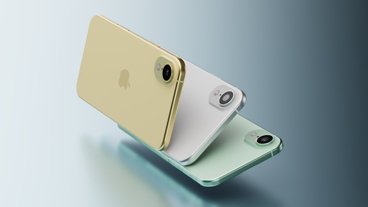
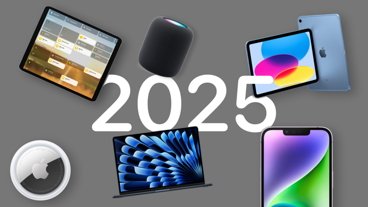
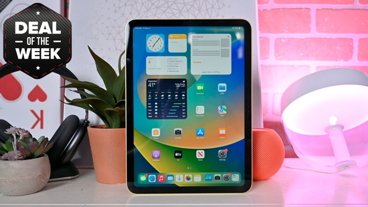
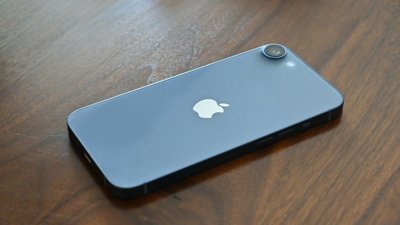
 Wesley Hilliard
Wesley Hilliard
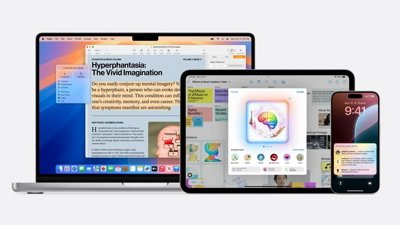
 Malcolm Owen
Malcolm Owen
 Christine McKee
Christine McKee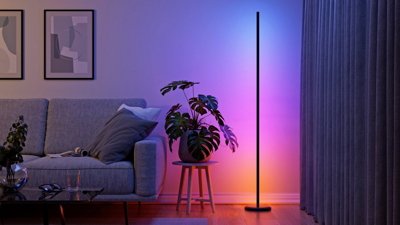
 Andrew O'Hara
Andrew O'Hara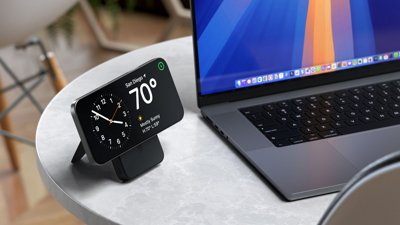
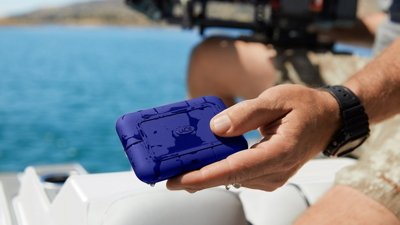
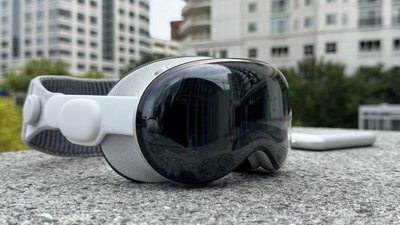
 Amber Neely
Amber Neely
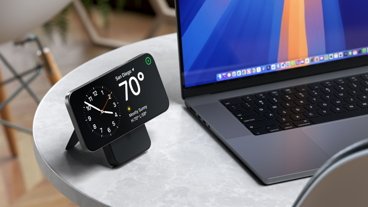
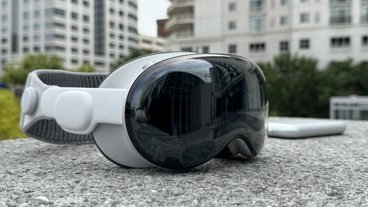







32 Comments
In the immortal words of Fred Sanford.....
You BIG DUMMY!!!
BWAHAHAHA!!!
Oh and to DimMok, you get bonus cool points for the Fred Sanford reference.
I am surprised that the judge feels writing on the iPhone box is an appropriate disclaimer.
I have never seen a situation where a potential purchaser was allowed to hold, or read the text on an iPhone box before making a purchase.
Apple does not allow a potential consumer to have the opportunity to read the disclaimer until after purchase.
I am surprised that the judge feels writing on the iPhone box is an appropriate disclaimer.
I have never seen a situation where a potential purchaser was allowed to hold, or read the text on an iPhone box before making a purchase.
Apple does not allow a potential consumer to have the opportunity to read the disclaimer until after purchase.
Even so, it's far from a secret that the battery is not user-replaceable. All a prospective buyer would have to do is ask at an Apple or AT&T store if it were replaceable, or talk to anyone who owns an iPhone. If they assumed it is replaceable, that is their problem, but I have a hard time believing there would be anything but a clear "no" if they asked.
Apple does not allow a potential consumer to have the opportunity to read the disclaimer until after purchase.
That isn't true.